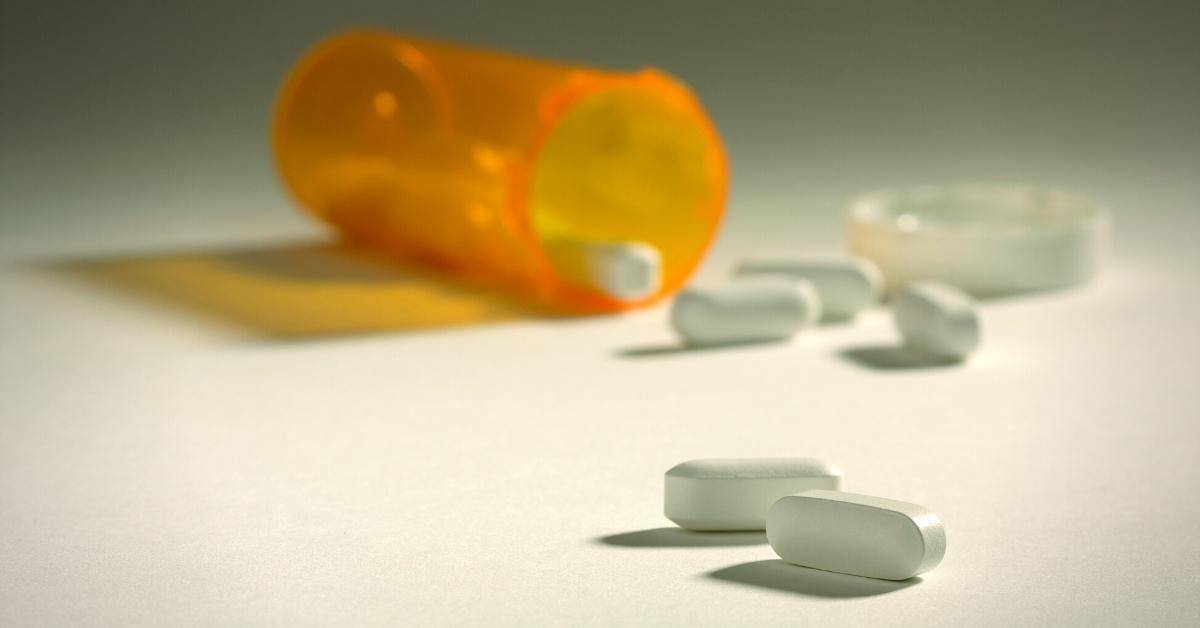While most arrests for driving while intoxicated (DWI) in Denton County involve a motorist who is accused of operating a motor vehicle while under the influence of alcohol, people can also face these charges for driving while allegedly under the influence of drugs. It is also important to understand that individuals may face these charges for allegedly being under the influence of either illegal controlled substances or legal prescription drugs.
Common “drugged driving” charges in Texas include, but are not limited to:
- Prescription Drugs and DWI
- Marijuana and DWI
- Combined Possession and DWI Charges
Unlike traditional DWI arrests involving alcohol, there is no “per se” limit for a person to be considered under the influence of drugs. This means that many charges are the result of a police officer’s subjective observations, and a prosecutor still needs to meet the burden of proving that a driver was actually under the influence of drugs that impaired his or her ability to operate a motor vehicle at the time of the arrest.
Controlled Substances DWI Defense Lawyer in Denton, Frisco, Lewisville, Flower Mound, TX
If you have been arrested for DWI while allegedly being under the influence of a controlled substance or prescription drugs, you will want to immediately contact an experienced criminal defense attorney. You only have 15 days to request an administrative license suspension hearing to get your license back if you refused to submit to chemical testing or failed a blood test.
Law Offices of Richard C. McConathy represents clients throughout Lewisville as well as several surrounding areas such as Grapevine, The Colony, and Denton. You can let our firm review your case by calling (940) 222-8004 today to schedule a free, no-obligation consultation.

Controlled Substances and DWI Charges in Denton County
The charge of DWI is defined in Texas Penal Code § 49.04 as an offense committed by a person who is intoxicated while operating a motor vehicle in a public place. Intoxicated often means that the alleged offender had an alcohol concentration of 0.08, usually expressed in terms of blood alcohol content (BAC) determined by a breath test.
However, the term intoxicated is also defined under Texas law as a person “not having the normal use of mental or physical faculties by reason of the introduction of alcohol, a controlled substance, a drug, a dangerous drug, a combination of two or more of those substances, or any other substance into the body.” This means that a driver may be charged with DWI if a police officer believes that he or she is under the influence of a controlled substance, which may include, but is not limited to, any of the following:
Prescription Drugs
- Alprazolam (Xanax®)
- Codeine
- Darvocet
- Hydrocodone and Acetaminophen (Lortab®)
- Morphine
- Oxycodone (OxyContin®, Percocet®)
- Vicodin®
- Zolpidem (Ambien®)
Illegal Drugs
- Cocaine
- Ecstasy
- Gamma-Hydroxybutyric Acid (GHB)
- Heroin
- Lysergic Acid Diethylamide (LSD or Acid)
- Marijuana/Cannabis
- Methamphetamines
- Psilocybin (Magic Mushrooms)
- Phencyclidine (PCP)
- Opium
Texas Penalties for Drugged Driving
The possible consequences of a conviction for drugged driving in Texas can be very harsh, and the punishments increase with subsequent offenses. Some of the possible penalties if an alleged offender is convicted of this type of DWI include:
- First Offense — Class B misdemeanor punishable by fine of up to $2,000, up to 180 days in jail, up to 100 hours of community service, up to one-year driver’s license suspension, and annual Texas Department of Public Safety (DPS) Driver Responsibility Surcharge of at least $1,000 for three years,
- Second Offense — Class A misdemeanor punishable by fine of up to $4,000, up to one year in jail, up to 200 hours of community service, up to two years suspension of driver’s license, and annual Texas Department of Public Safety (DPS) Driver Responsibility Surcharge of at least $1,500 for three years
- Third or Subsequent Offense — Third-degree felony punishable by fine of up to $10,000, to 10 years in prison, up to 1,000 hours of community service, up to two years suspension of driver’s license, and annual Texas Department of Public Safety (DPS) Driver Responsibility Surcharge of at least $1,500 for three years
Denton County Defenses to Driving While Intoxicated with Drugs Charges
With the help of a skilled criminal defense lawyer, an alleged offender may be able to have these types of DWI charges reduced or possibly even dismissed through any of the following defenses:
- Alleged Offender Not Under Influence at Time of Arrest — One of the primary issues with drugged driving charges in which chemical tests reveal some sort of controlled substances in the systems of alleged offenders is determining whether those drugs were actually active at the time of the arrests. For example, marijuana that was smoked almost a month prior could still show up on a urine or blood test. Just because a person tested positive for a controlled substance does not necessarily mean he or she was under the influence of that drug while driving.
- Alleged Symptoms of Intoxication Not Caused by Drugs — DWI reports file by police will often include such descriptions of alleged offenders as “bloodshot eyes” or “slurred speech.” However, it is entirely possible that a person could display any one of these alleged signs of intoxication as the result of allergies, basic fatigue, or some other circumstance rather than being under the influence of a controlled substance.
- Procedural Errors by Law Enforcement — As is the case with all types of DWI arrests, police officers need to follow the rules. A case may be dismissed if there was no probable cause to stop an alleged offender’s vehicle, the alleged offender was not read his or her Miranda rights, or law enforcement performed an illegal search of the alleged offender’s vehicle.
- Errors in Administration of Chemical Test — There are a multitude of requirements that need to be followed in properly conducting any blood or urine test following a DWI arrest. Evidence may be suppressed if the individual collecting the blood or urine sample was not properly licensed, lab reports are missing signatures or specific data, or the equipment used to test a urine or blood sample was defective or improperly calibrated.
Texas Controlled Substances and DWI Resources
Texas Department of Public Safety (DPS) — This website contains links to laws and regulations for controlled substances including Texas Administrative Code and Health and Safety Codes. You can also find such driver’s license information as Driver Responsibility Program Surcharges and office locations in addition to links to renew a license or request a driving record.
820 North Loop 288
Denton, TX 76209
(940) 484-6661
400 Bolivar
Suite 101
Sanger, TX 76266
(940) 458-5164
Dallas Area of Narcotics Anonymous (NA) — Nonprofit fellowship of male and female recovering addicts who meet regularly to help each other stay clean, NA has regular meetings in Lewisville, Denton, and The Colony. You can find more information about the fellowship on this website and also find meetings in the area by searching online or downloading a schedule.
Find A Denton County Defense Attorney for Controlled Substances and DWI Charges | Law Office of Richard C. McConathy
Were you arrested in Denton County for DWI involving controlled substances? Contact the Law Offices of Richard C. McConathy today for a consultation about your alleged Controlled Substances and DWI Charges in Denton, Frisco, Lewisville, Flower Mound, and surrounding areas, they will fight to get the charges against you reduced or completely dismissed.
The top-ranked attorneys defend people all over the greater Denton area, including Flower Mound, Westlake, Little Elm, and many more areas of North Texas. Call (940) 222-8004 right now to take advantage of a free consultation that will let our firm see how we can help.


